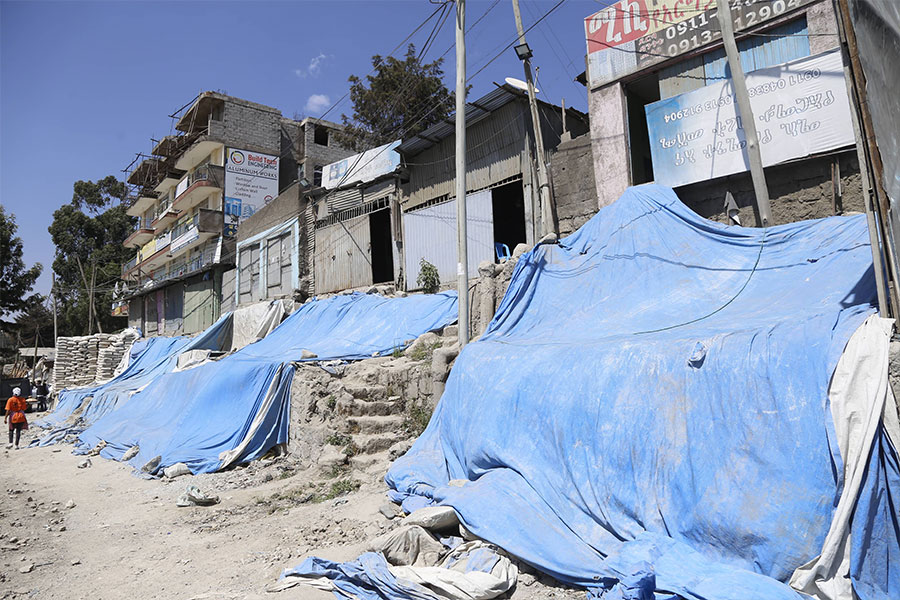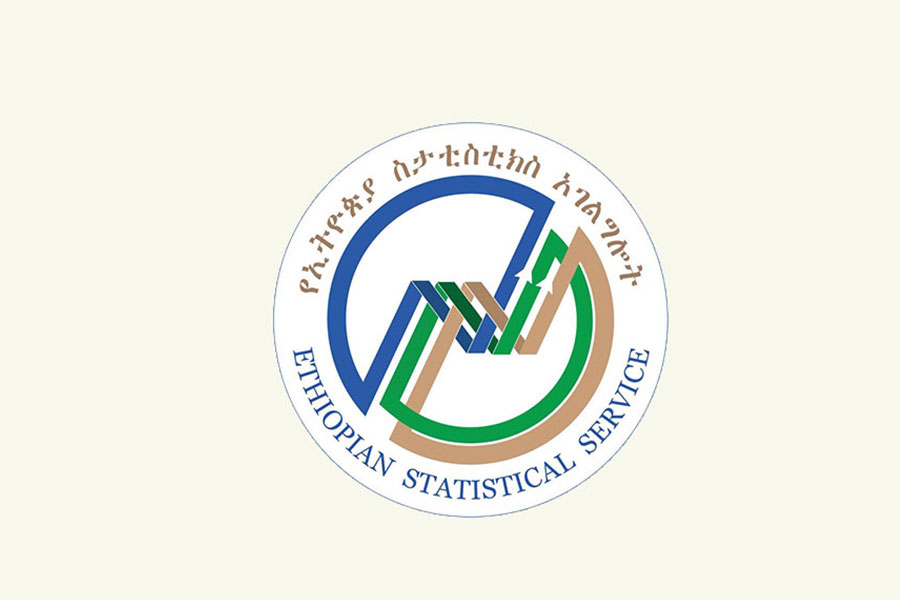
Fortune News | Aug 21,2021
Jul 18 , 2020
By TSION TESHOME
Guyya Textile Manufacturing, a local garment maker, has switched its business to producing surgical face masks and is now churning out 1.2 million masks a day.
The company, in a departure from its previous textile manufacturing work, is now producing surgical face masks due to the high demand created by the Novel Coronavirus (COVID-19). It started production after receiving its certificate of competence (COC) from the Ethiopian Food & Drug Administration in mid-June.
The company is awaiting its mandatory market authorisation certificate and expects to get it next week, according to Imran Nega, general manager of the company, which is located in Bethel, Kolfe Keraniyo District, and has a capacity to produce 350 surgical masks a minute.
"We plan to supply the face masks to the local and international market," he said.
A total of 350 million Br was spent on raw materials and the installation of machinery for the factory. The company, which has 450 employees, is operational for 20 hours a day.
"We import all the raw materials," said the general manager. "We also use non-woven, 99pc bacteria-filtering materials."
Five companies, including Guyya, have applied for the market authorisation certificate, but only E-Farm, located at Hawassa Industrial Park, has managed to be certified, according to Keneni Benti, medical device registration and licensing team leader at the Administration.
Last month Lia Tadesse, (MD), minister of Health, announced that the country will need 130 million face masks for the coming four months. At the onset of COVID-19, there were four million face masks available.
Ethiopia sources most of its face masks through imports and donations from international organisations like the Jack Ma Foundation, according to Seharela Abdulahi, state minister for Health.
"We had floated an international tender to procure face masks recently," she said.
A company from India won the bid to supply 13 million face masks; however, due to the Indian government's declaration banning the export of face masks, Ethiopia could only manage to get five million, according to the state minister.
"This was allowed only after serious diplomatic negotiation between the two governments," she said. "The local production of surgical face masks reduces imports significantly."
The Ethiopian Pharmaceutical Supplies Agency, based on the request of hospitals and healthcare centres in the country, provides medical supplies throughout 19 branches. But in emergency situations like this, it follows the distribution plans of the Ethiopian Public Health Institute. It has, up until June, cleared over 87.9 million Br worth of donations since the onset of COVID-19 in the country.
The amount spent on the purchase of medical equipment like PPE, oxygen tanks, beds and ventilators within the same time frame has tallied up to 5.9 billion Br. This includes costs for medication for patients with diabetes, HIV and TB in order to lessen frequent visits to the hospitals.
As of June 19, the Ministry of Health has also prepared and made functional 126 quarantine centres with a nearly 47,000-bed capacity, 79 treatment centres with nearly 17,500-bed capacity, and 345 isolation centres with about 17,000 beds.
Currently, the health workforce deployed in treatment and isolation centres number 23,000, but this is expected to double, according to the Ministry of Health.
"There is high consumption at the centres," said Seharela. "The Ministry is providing guidelines to health workers not to discard their masks after a single-use to reduce waste."
If the surgical face masks produced at the factories meet the standards of the regulatory agency, it will be great news for the country, according to Wondwossen Amogne (PhD), associate professor of public health at Addis Abeba University.
"Wearing a face mask reduces transmission of the virus," he said. "But people are also getting infected because of improper use rather than a shortage."
PUBLISHED ON
Jul 18,2020 [ VOL
21 , NO
1055]

Fortune News | Aug 21,2021

Radar | Jun 19,2021

Radar | May 25,2024

Radar | Jun 21,2025

Radar | Jul 07,2024

Commentaries | May 25,2019

Life Matters | Aug 17,2019

Viewpoints | Dec 19,2020

Commentaries | Jul 05,2025


Dec 22 , 2024 . By TIZITA SHEWAFERAW
Charged with transforming colossal state-owned enterprises into modern and competitiv...

Aug 18 , 2024 . By AKSAH ITALO
Although predictable Yonas Zerihun's job in the ride-hailing service is not immune to...

Jul 28 , 2024 . By TIZITA SHEWAFERAW
Unhabitual, perhaps too many, Samuel Gebreyohannes, 38, used to occasionally enjoy a couple of beers at breakfast. However, he recently swit...

Jul 13 , 2024 . By AKSAH ITALO
Investors who rely on tractors, trucks, and field vehicles for commuting, transporting commodities, and f...

Oct 18 , 2025
The political establishment, notably the ruling party and its top brass, has become p...

Oct 11 , 2025
Ladislas Farago, a roving Associated Press (AP) correspondent, arrived in Ethiopia in...

Oct 4 , 2025
Eyob Tekalegn (PhD) had been in the Governor's chair for only weeks when, on Septembe...

Sep 27 , 2025
Four years into an experiment with “shock therapy” in education, the national moo...